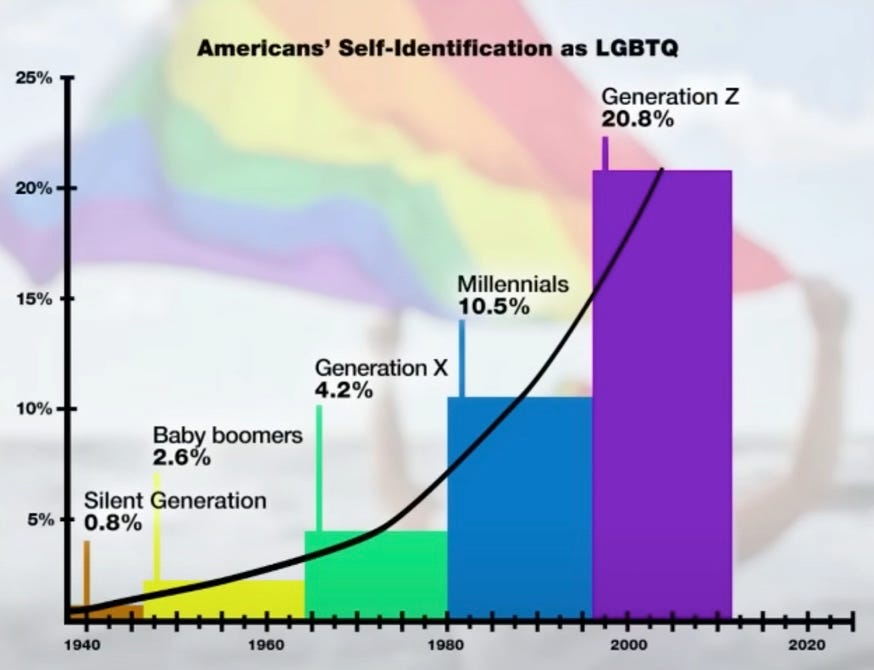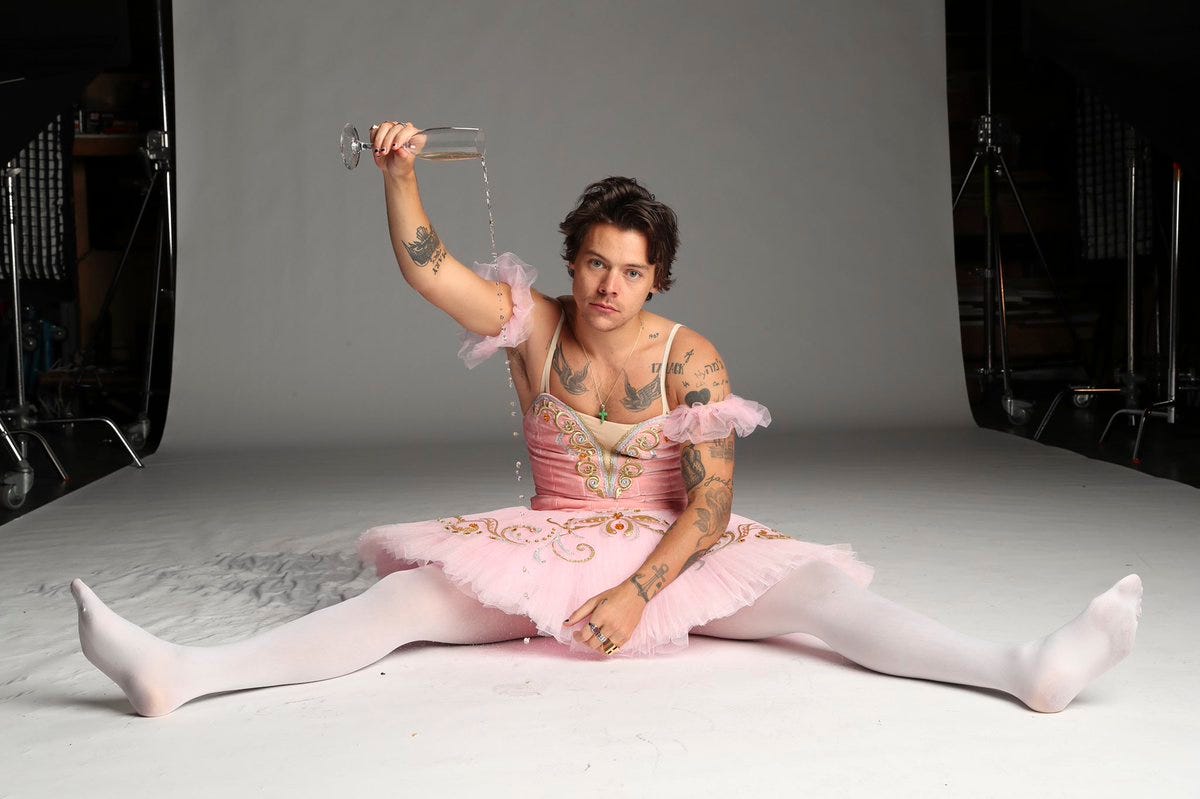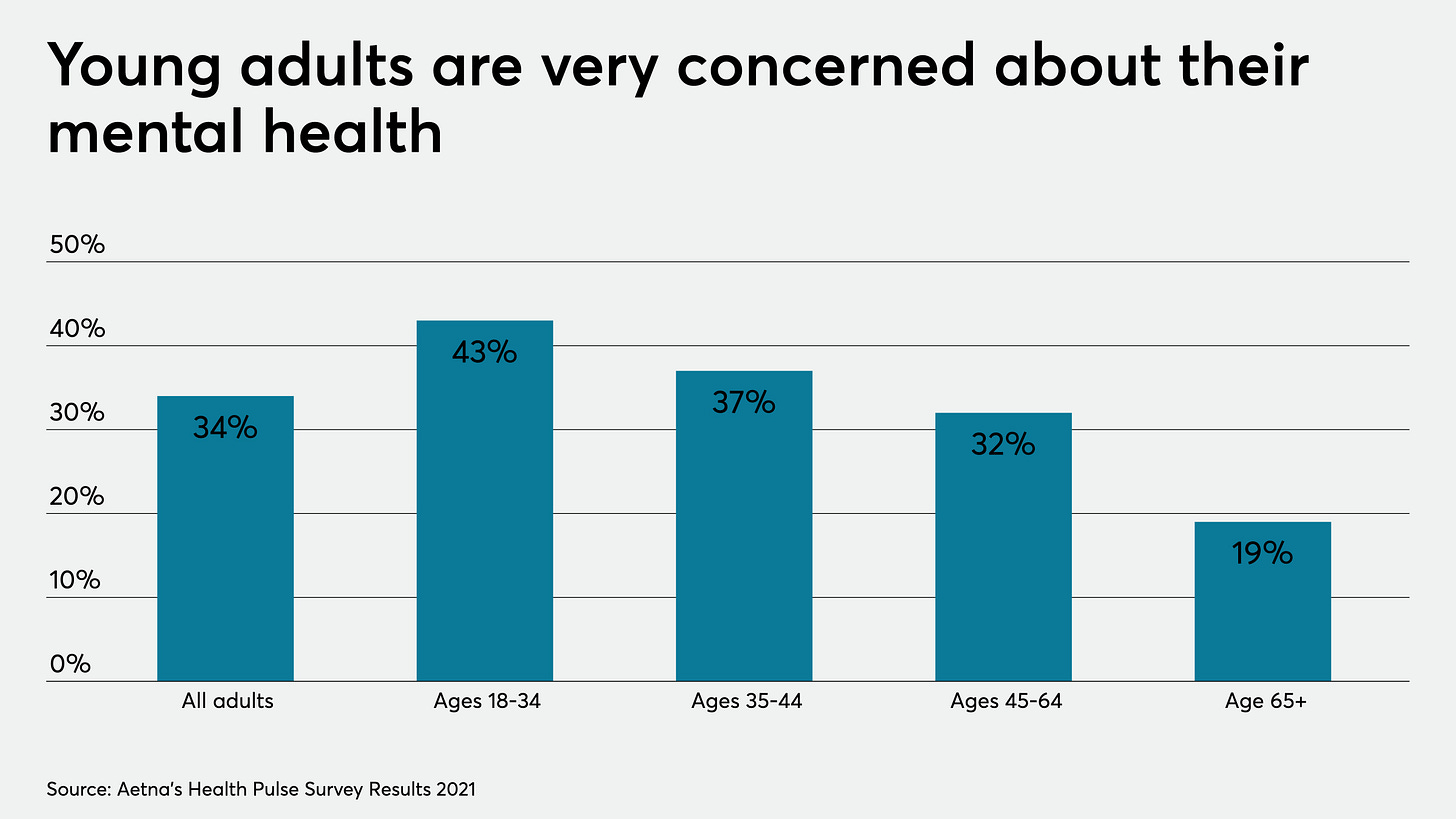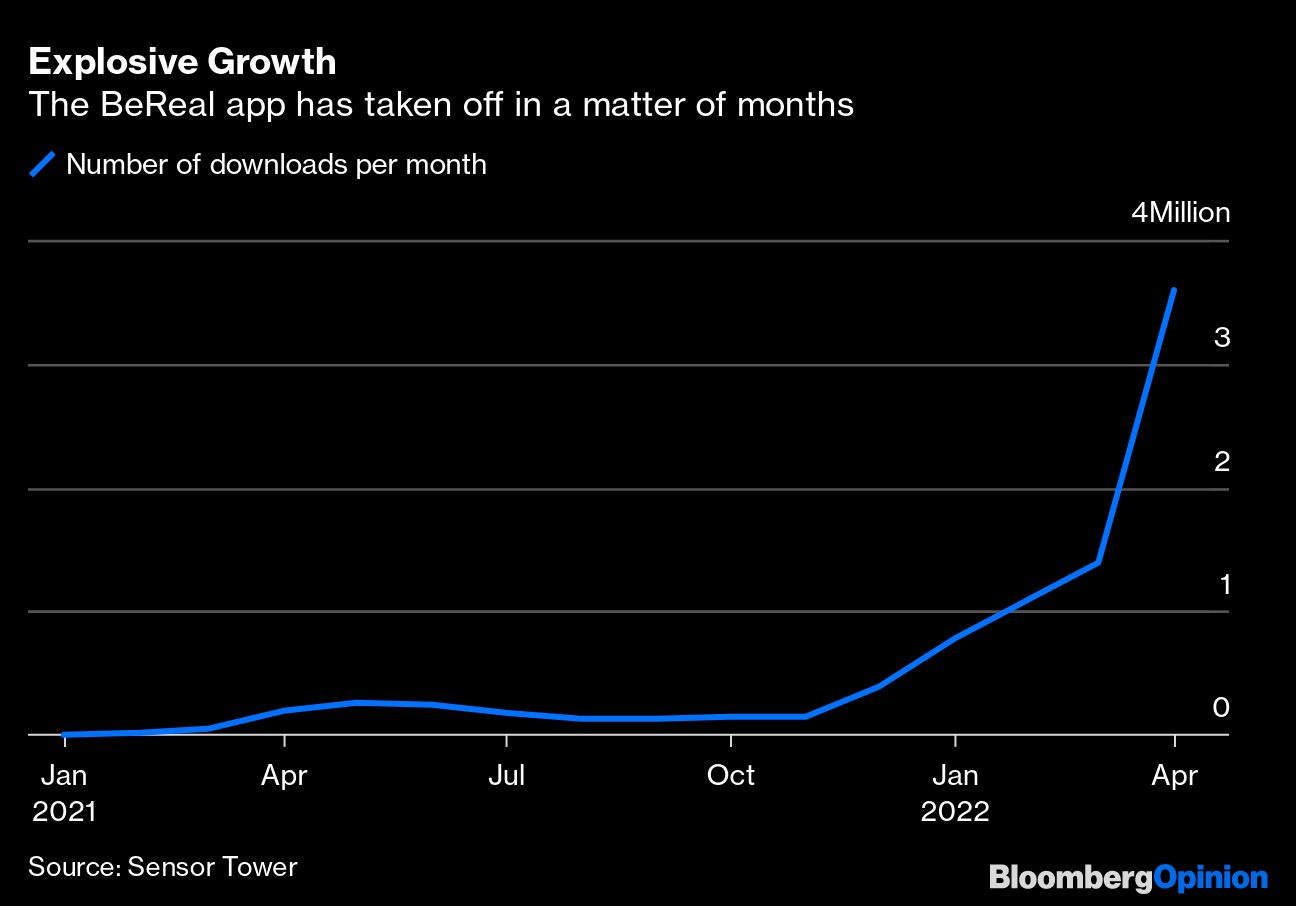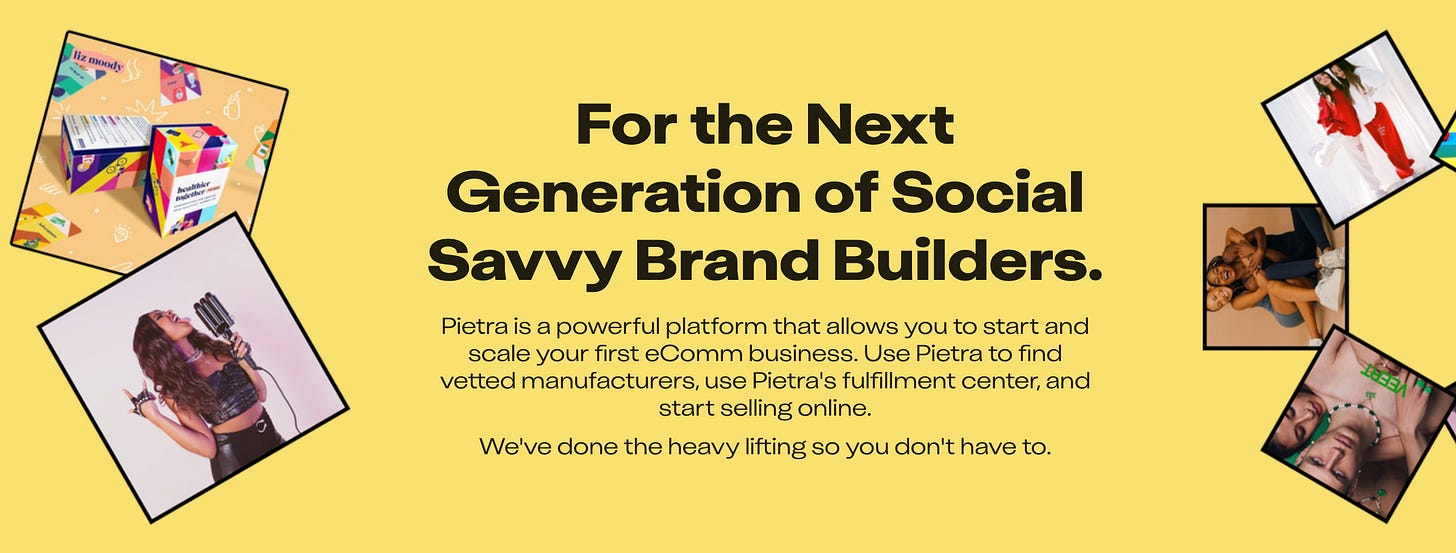This is a weekly newsletter about how tech and culture intersect. To receive Digital Native in your inbox each week, subscribe here:
10 Characteristics That Define Gen Z
There’s a George Orwell quote I love: “To see what is in front of one’s nose needs a constant struggle.” I find that this quote often applies to the worlds of startups and consumer behavior. Tectonic shifts unfold in real-time, but often so steadily and so gradually and so stealthily that they’re easy to miss.
I’ve written a lot recently about how Gen Z differs from previous generations, and it’s easy to talk about Gen Z and say, “One day, they’re going to change XYZ.” But those changes are already happening: new characteristics and new worldviews are influencing how people interact with technology, with businesses, and with each other.
When you account for the fact that Gen Z is now the largest generation in the U.S., small-scale behavior changes compound into macro-sized cultural shifts.
This week and next week, I’ll explore 10 characteristics of Gen Zs (to some extent, these also extend to Millennials and Gen Alphas), and I’ll try to make those characteristics tangible by looking at one company building on each characteristic. I’ll start with 5 characteristics this week:
🏳️⚧️ Queer
🫠 Stressed & Anxious
👩🎤 Authentic
🥸 Private
🧱 Entrepreneurial
The goal here is to explore how change is happening in real-time—right in front of our noses.
🏳️⚧️ Queer
With it being Pride Month, what place more appropriate to start than queerness? And Gen Z is the queerest generation in history:
It’s stunning to watch the speed with which norms are changing. Gender, masculinity, and sexuality are each becoming more fluid, more complex, more multi-faceted. We see this is in celebrities like Elliot Page and Sam Smith coming out as non-binary, in the ways that Billie Eilish and Harry Styles dress, in Gen Z men (many straight) wearing make-up and jewelry.
Lil Nas X is perhaps most representative of this cultural shift, as I argued last summer in Lil Nas X Is Gen Z’s Defining Icon. He continues to redefine gender and masculinity and sexuality through his art and persona.
As the queer community swells in both size and vibrancy, new businesses are emerging to serve the community. Folx Health is a healthcare company built for the LGBTQ+ population. Folx provides medications like testosterone hormone therapy, estrogen hormone therapy, and PrEP (HIV prevention medication) for queer people. Millions of people who felt overlooked or discriminated against by traditional healthcare turn to Folx for medications and for community support.
Telehealth surged during COVID, making healthcare more accessible and convenient. And telehealth is uniquely suited to serving marginalized groups that lacked access to care or that felt uncomfortable seeking care. (Direct-to-consumer healthcare companies like Ro and Hims got their starts with stigma-heavy products like hair loss pills and erectile dysfunction meds.) There are 30 million Americans who identify as LGBTQ+—a 60% increase from 2012—including 1 in 5 Gen Zs. New companies like Folx are building directly for this group.
🫠 Stressed & Anxious
One of the most popular emojis in the latest iOS update is the melting face: 🫠 The best way to describe its meaning: a sinking feeling of dread. Naturally, Gen Z has embraced it as an emblem of their mental health crisis.
In record numbers, young people are worried about their mental well-being:
The mental health crisis has many root causes: the pandemic, student loan debt, gun violence, climate change, a recent reversal of social progress made over the last half-century. And, of course, the ever-growing presence of technology in our lives. Last week, I shared this screenshot of TikTok comments bemoaning the existence of smartphones, with comments like, “I didn’t know what insecurities were until I got my first phone.”
A reason for optimism is that Gen Z’s know their mental health is poor, and they’re taking action. Talking about depression is no longer stigmatized; more and more people are going to therapy. And new companies are emerging to provide support. Pace, for instance, is a startup that matches you with six strangers for weekly 90-minute video conversations. It costs $89 per month and, in many ways, is like group therapy—or at least a form of community support to talk candidly about what’s going in your life and how you’re doing. Each Pace Group is led by a trained facilitator.
There are many companies building the infrastructure for traditional therapy too—Headway, Sondermind, Grow. But there are also creative net-new models, like Pace, that harness technology for more affordable, accessible, and convenient forms of community support in the face of deteriorating mental health.
👩🎤 Authentic
Related to mental health—and as the TikTok comments above show—young people are exhausted by the internet’s constant connectivity and comparison. Olivia Rodrigo captures this exhaustion in the lyrics to her song “Jealousy, Jealousy”:
I kinda wanna throw my phone across the room
’Cause all I see are girls too good to be true
With paper-white teeth and perfect bodies
Wish I didn’t care
Whereas Millennials grew up performing online—curated Insta grids, LinkedIn job announcements (“Some exciting personal news!”), the rise of the personal brand—Gen Zs eschew performance for authenticity. It’s the shift from Kylie Jenner (aspiration) to Charli D’Amelio (relatability).
The apps that consume more and more time, like TikTok, are built on authenticity rather than on performance.

A year ago, I wrote about this shift in The Startups Reinventing Social Media, which examined Dispo, Poparazzi, and BeReal. At the time, BeReal was a small startup catching on in Paris. Twelve months later, it’s taken the U.S. by storm—check out how downloads starting inflecting in the winter, driven primarily by growth on college campuses:
The premise of BeReal is that once a day, you get a notification telling you to stop everything you’re doing and snap a pic. Your phone captures the moment through your front camera and back camera, so everyone receives a full 360-degree view of what their friends are up to—but you can only see what your friends post if you yourself post. BeReal is built on a foundation of authenticity—no filters, no editing, no planned photoshoots. It’s right there in the name: be real.
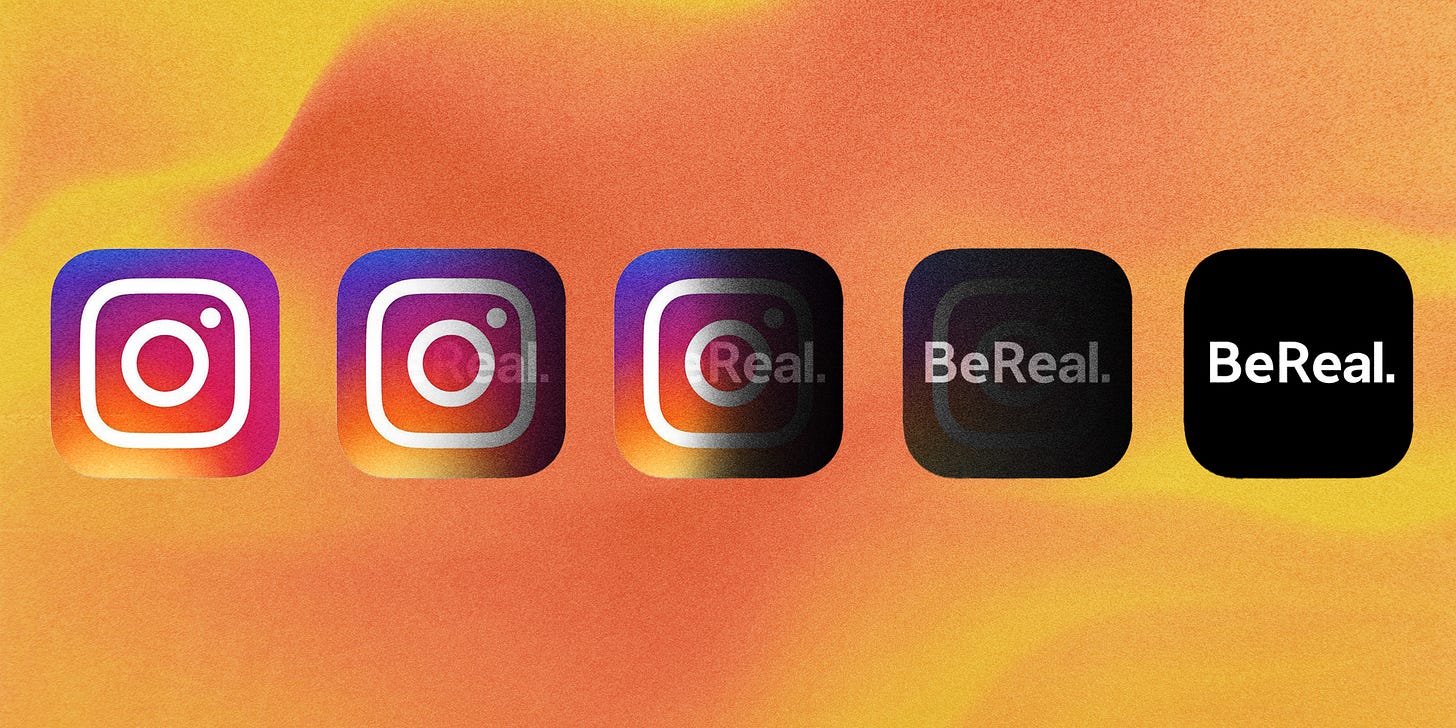
Last week, I spoke to a 21-year-old girl about BeReal. She told me that most of her friends are on the app, though about twice as many girls as guys. She told me that the ⚠️ emoji in the daily notification gives her a sense of urgency, and that she loves the “tea” the app gives by revealing what people are up to at a specific moment. Most interestingly, she told me about a peculiar behavior: when she’s out to dinner with friends and the BeReal notification comes out, the entire group shouts “BeReal!!!” in unison, then snaps their pic.
🥸 Private
Last week, Kaitlyn Tiffany at The Atlantic published a terrific piece called The Personal Brand Is Dead. The subheader: Gen Z would rather be anonymous online.
Tiffany argues that much of the growth of Signal, Discord, and web3 can be attributed to the younger generation’s collective exhaustion with “presentation culture.” Privacy goes hand-in-hand with authenticity.
This underscores a major difference between Millennials and Gen Zs: the former group was taught to burnish their online presence, using every opportunity to stand out and look perfect; the latter group, which has never known a world without social media, prefers blending in and trying on new identities. This is a wild generalization, of course; authenticity itself can be an act of performance. But it’s a directionally correct generalization, and it’s showing itself in where and how people interact online. Many young people prefer the facelessness of Discord, Reddit, a crypto pfp.
Last year, I wrote about The Technician, a woman who uses the Unreal Engine and a $30,000 motion-capture suit to create her digital persona, Code Miko. Miko is one of the most popular streamers on Twitch, with 916K followers.
The Technician is now building her own startup, Mikoverse, which aims to let anyone replicate her experience. Mikoverse lets you easily become a vTuber (virtual YouTuber) and forge your own alternate persona. With the rise of privacy online—both anonymity and pseudonymity—we’ll see more people express themselves through new personas that obscure their “real” identity.
🧱 Entrepreneurial
Markets are down. Inflation is approaching record highs. But there’s light at the end of the tunnel: Beyoncé is releasing a new album on July 29th. Everything will be okay.
The album’s first single—“Break My Soul”—came out this week, and it’s potentially the first major pop song written about the Great Resignation. Beyoncé sings:
I just quit my job
I’m gonna find new drive
Damn, they work me so damn hard
Work by nine
Then off past five
And they work my nerves
That’s why I cannot sleep at nightI’m lookin’ for motivation
I’m lookin’ for a new foundation, yeah
And I’m on that new vibration
I’m buildin’ my own foundation, yeah
The song is effectively about saying no to the 9-to-5 grind, instead forging your own path. It captures a general sentiment in the zeitgeist: exhaustion with hustle culture, with working for a corporation (“the man”), with salaried and hourly work. Last year, more than 47 million Americans voluntarily left their jobs—an all-time record.
What’s interesting is how young people entering the workforce are trying their hand at new paths. Many are earning income as content creators, or starting small businesses, or launching startups. This is facilitated by a new set of companies.
Pietra, for instance, lets anyone launch a product line—a skincare line, a candle line, a streetwear line. Pietra abstracts away complexity, handling sourcing, fulfillment, e-commerce. Rather than needing the wealth and connections of Kylie Jenner (Kylie Cosmetics), Gwyneth Paltrow (GOOP), or George Clooney (Casamigos) to launch a brand, anyone can do it.
In last year’s I’m a Business, Man (the title is a reference to Beyoncé’s husband, Jay-Z), I wrote: “Internet platforms have enabled new forms of work. They connect worker and consumer, often making work more global, scalable, and frictionless. They make it feasible to earn a living wage online.” That’s proving out, and it’s positioned to be one of the defining trends of the next 30 years.
Looking Ahead
Next week, I’ll dig into five more characteristics and five more companies in Part II:
👚 Thrifty
🤲 Sharing
🌱 Impactful
📈 Invested
🪐 Escapist
See you next week!
Related Digital Native Pieces
Thanks for reading! Subscribe here to receive Digital Native in your inbox each week:





